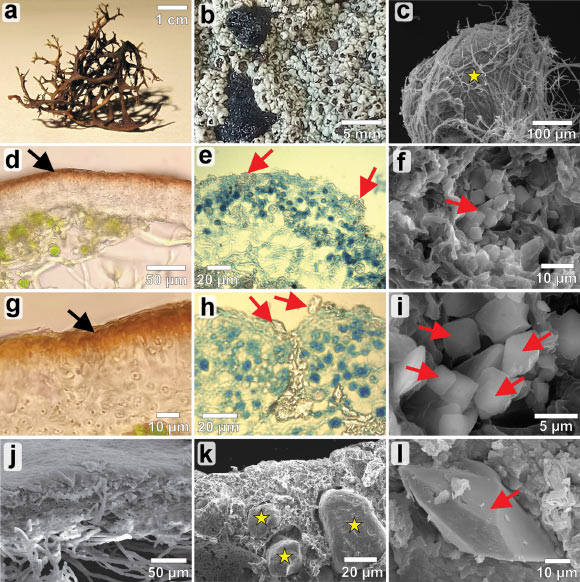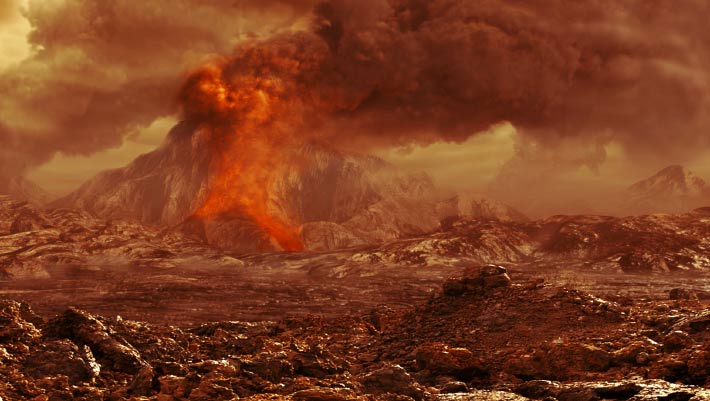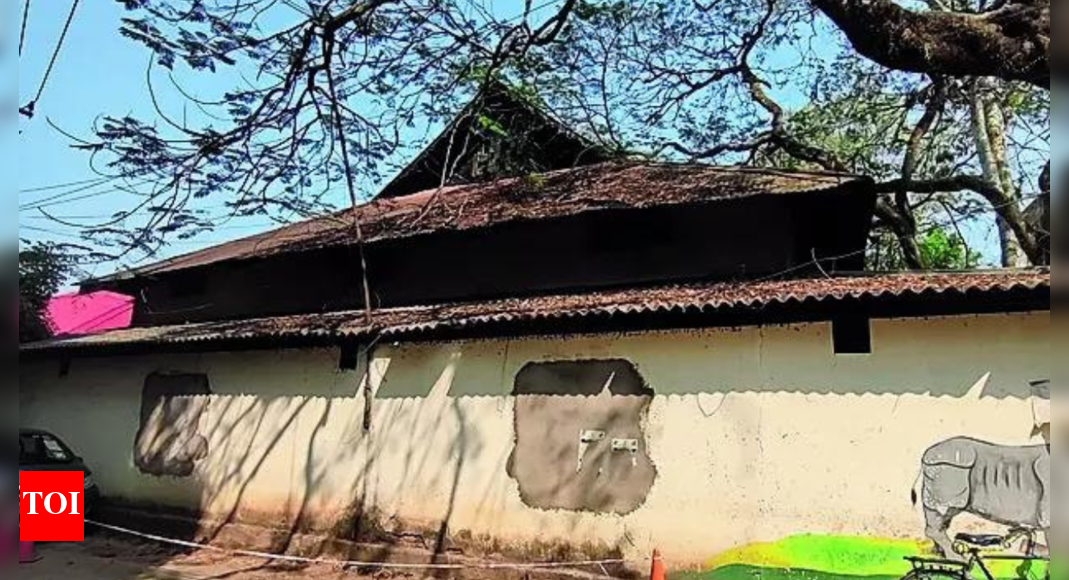Now Reading: Lichens Survive Simulated Mars Conditions: Study
-
01
Lichens Survive Simulated Mars Conditions: Study
Lichens Survive Simulated Mars Conditions: Study

Rapid Summary
- Research Overview: Lichens can withstand Mars-like conditions, including X-ray radiation levels expected on Mars over one year of strong solar activity.
- Species Studied: Two lichen species, Diploschistes muscorum and Cetraria aculeata, were examined due to their differing traits.
- Key Findings:
– The fungal partner in lichen symbiosis remained metabolically active under simulated Martian conditions, including exposure to ionizing radiation.
– Diploschistes muscorum showed better resilience, activating defense mechanisms and continuing metabolic processes effectively.
- Conditions Simulated: Mars atmospheric composition (95% CO2), low pressure (~6 millibars), temperature fluctuations, desiccation stress, and high X-ray radiation levels.
- Implications for Astrobiology:
– Challenges the assumption that ionizing radiation is an insurmountable barrier to life on Mars.
– Highlights lichens as potential candidates for extraterrestrial colonization research.
Indian Opinion Analysis
The study adds a critical dimension to astrobiology by showing the potential resilience of Earth organisms in extreme extraterrestrial environments like those on Mars. For India’s space program and scientific community, this research provides a pathway to probe further into microbial life or symbiotic systems that could survive beyond Earth. India has shown interest in space exploration with missions like Mangalyaan (Mars Orbiter Mission) emphasizing cost-effective solutions; incorporating such findings might expand research agendas tied to habitability or bioengineering concepts.
Additionally, understanding adaptations like minimal metabolic needs and robust defense mechanisms could guide future innovations in both terrestrial ecological studies and space technology progress.Collaboration with international researchers focusing on extremophiles may offer valuable insights for bolstering India’s contributions towards interplanetary exploration.

























